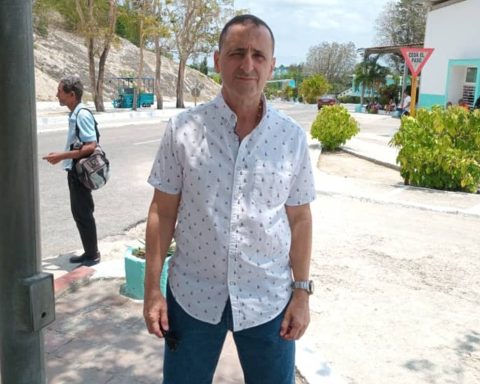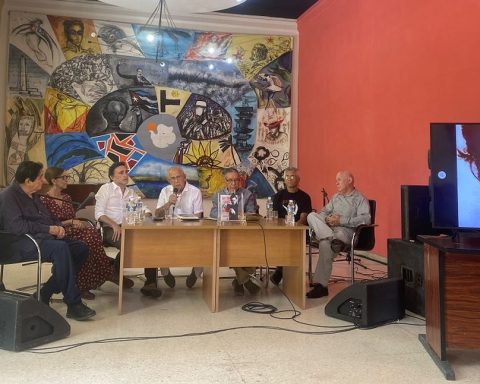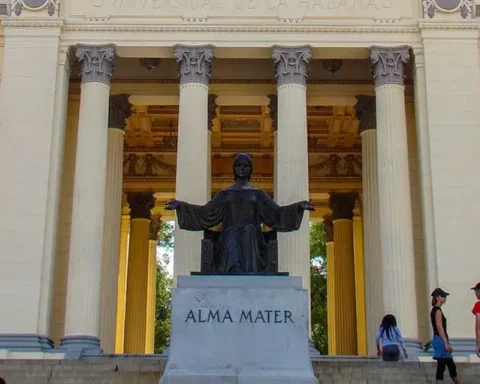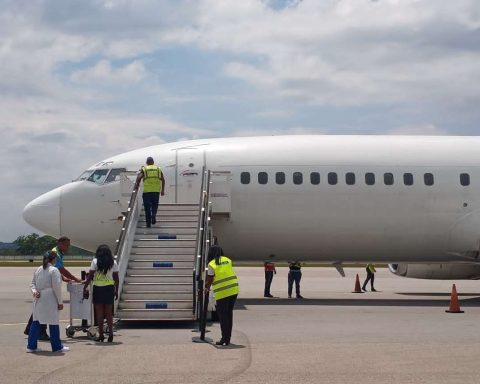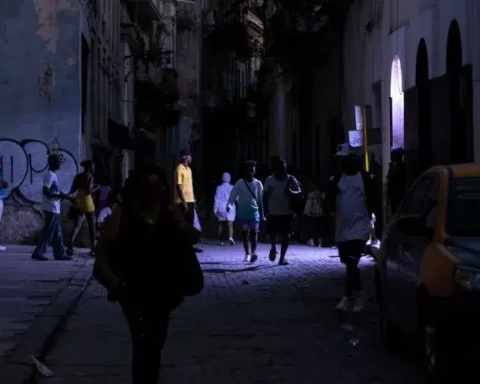MADRID, Spain.- The National Assembly of Popular Power (ANPP) of Cuba approved this Thursday the Social Communication Law, in version 34 of the project.
As reported by official mediaduring the act of approval of the law, the president of the National Assembly, Esteban Lazo Hernández, explained that the creation of the norm, initially as a Decree-Law and later as a Law, is the result of a broad and rigorous process of collective construction , in which professionals and experts from different disciplines, organizations and institutions have participated up to version 34 of the document.
For his part, President Miguel Díaz-Canel intervened to say that the greatest value of the regulation “lies in the recognition of the potential and benefits of Social Communication for the development of the country.”
“The long period of confrontation and the aggressiveness that characterizes the criminal policy of the US government impacts all areas of Cuban society and, in particular, in communication,” said the Cuban president.
The president of the Institute of Communication and Social Information, Alfonso Noya Martínez, pointed out that the final decree registers 69 changes in content and form, which represent a 59.48% transformation with respect to the original text of version 33 submitted to the second consultation with the deputies. .
As derived from its postulates, the Social Communication Law will not guarantee freedom of the press on the Island nor will it allow the dissemination of content independent of that produced by the State; it only recognizes the legality of the media that are linked to the Communist Party of Cuba (PCC), the only legal party in the country.
Journalists and various non-governmental organizations have indicated that the law will represent a tightening of restrictions on independent digital media in Cuba, which will continue to be unrecognized by the regime and whose journalists are subject to harassment and threats of imprisonment by the authorities.
In its article 13.1, for example, it provides that “the contents may in no case”: “be used with the aim of subverting the constitutional order and destabilizing the socialist State”; “defame, slander or insult the people, bodies, agencies, State entities, political, mass and social organizations of the country.” This issue is also covered by the Criminal Code (in force since December 2022), specifically in its article 185.1, on the crime of “disobedience”, whose sanction could be from six months to three years of imprisonment, or a fine of up to 300 installments for threatening, slandering, defaming, insulting, insulting, insulting or offending a public official, authority or their agents or auxiliaries.

